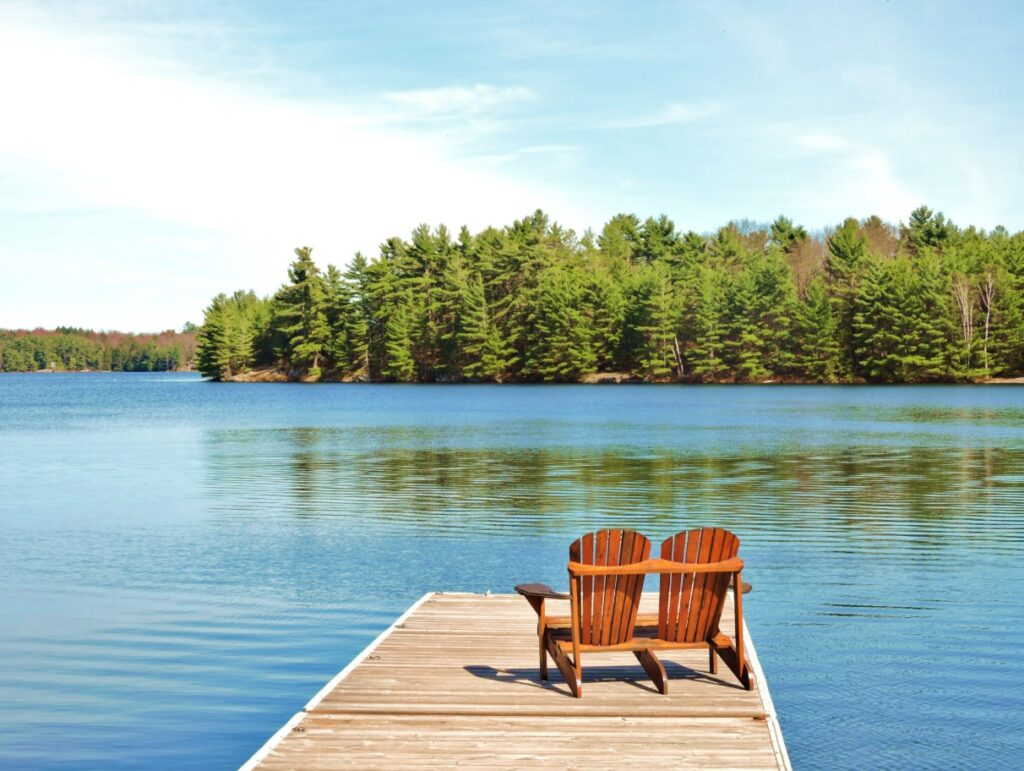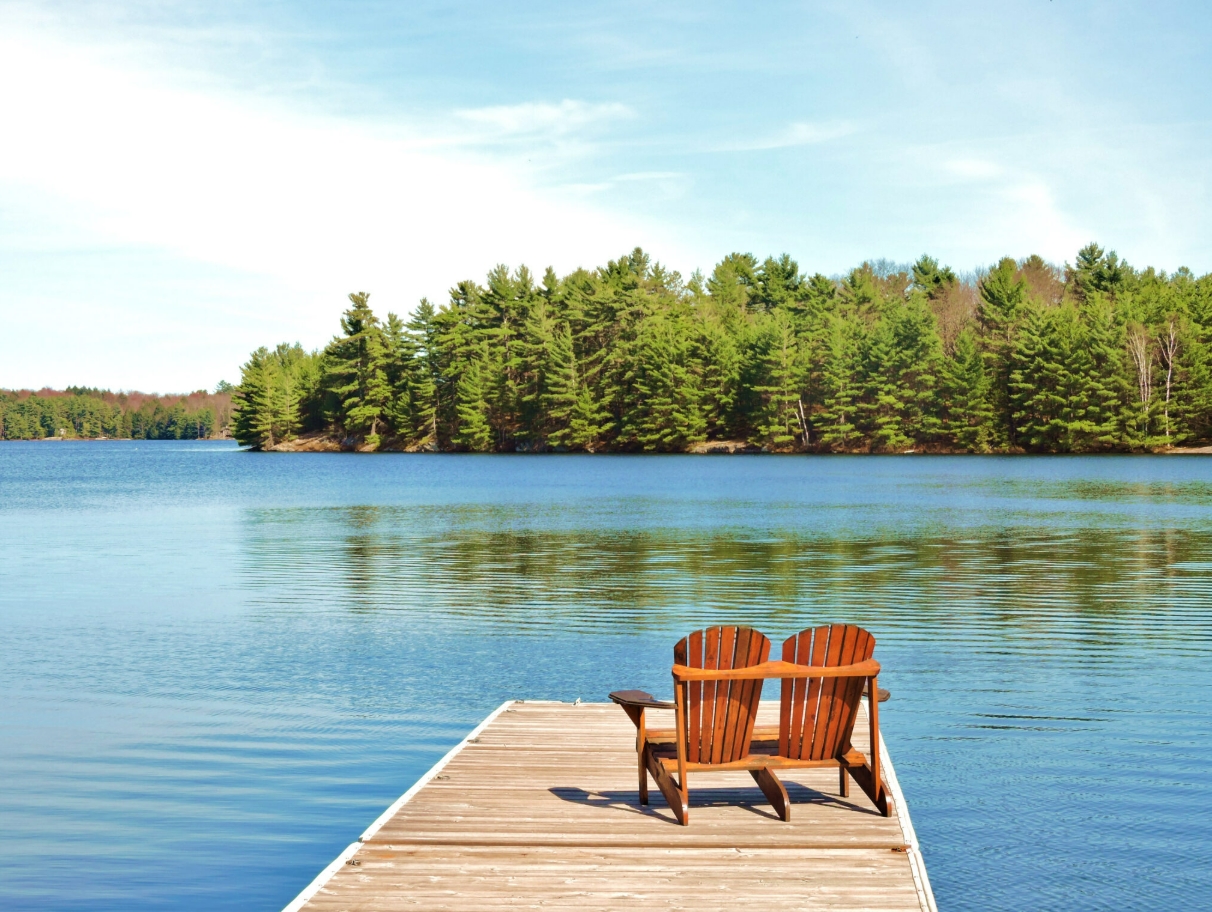
5 Essential Tips for Buying a Cottage
By Mark Weisleder
The dream of owning a serene lakeside retreat is a shared aspiration for many. Certainly, as the trend of working remotely continues, more people are considering cottages as a perfect blend of work and leisure. However, buying a cottage comes with unique challenges that require careful consideration. To help you navigate this exciting venture, here are five crucial lessons to remember:
1. Find a Local Home Inspector
A seasoned home inspector from the local community is an invaluable asset when purchasing a cottage. They possess in-depth knowledge of the area’s specific issues and regulations. Not only can they assess the condition of your prospective cottage, but they can also recommend specialists to inspect crucial systems like wells and septic tanks. Additionally, their familiarity with local building codes can guide you on permissible constructions, such as docks or boathouses.
2. Understand the Shore Road Allowance
Waterfront property owners often cherish the privacy that comes with their scenic views. However, many are unaware that the land directly in front of the lake is usually owned by the municipality, known as the shore road allowance. This means the public can access the waterfront. Fortunately, in many cases, you can purchase this land from the town, ensuring your privacy. Always inquire about the shore road allowance when considering a waterfront property to avoid any surprises.
3. Access to Your Cottage
Not all cottages have the luxury of municipal road access. Sometimes, the only way to reach your cottage is through a right of way over another person’s property. It’s essential to determine if this access is available year-round and who is responsible for maintaining it. Understanding these details before committing to a purchase is crucial to avoid future inconveniences.
4. Well and Septic System Concerns
In cottage country, running water and waste disposal aren’t as straightforward as in the city. If a well runs dry or a septic system fails, repairs or replacements can be costly due to stringent environmental regulations. Ensuring both systems are thoroughly inspected before you purchase is vital. This precaution can save you from unexpected expenses and ensure your cottage remains functional and comfortable.
5. Docks and Boathouses
Building a dock or boathouse might seem like a simple enhancement to your waterfront property, but it’s not always straightforward. While you may own the land up to the water’s edge, the land under the water is typically owned by the province. This means you’ll need the appropriate permits to construct any waterfront structures. Ensure the seller has the necessary permits, or understand what it will take to obtain them if there are no existing structures like a dock or boathouse on the property.
Mark Weisleder is a partner, author and speaker at the law firm RealEstateLawyers.ca LLP.
Contact him at Mark(at)RealEstateLawyers(dotted)ca or toll free at 888.876.5529

